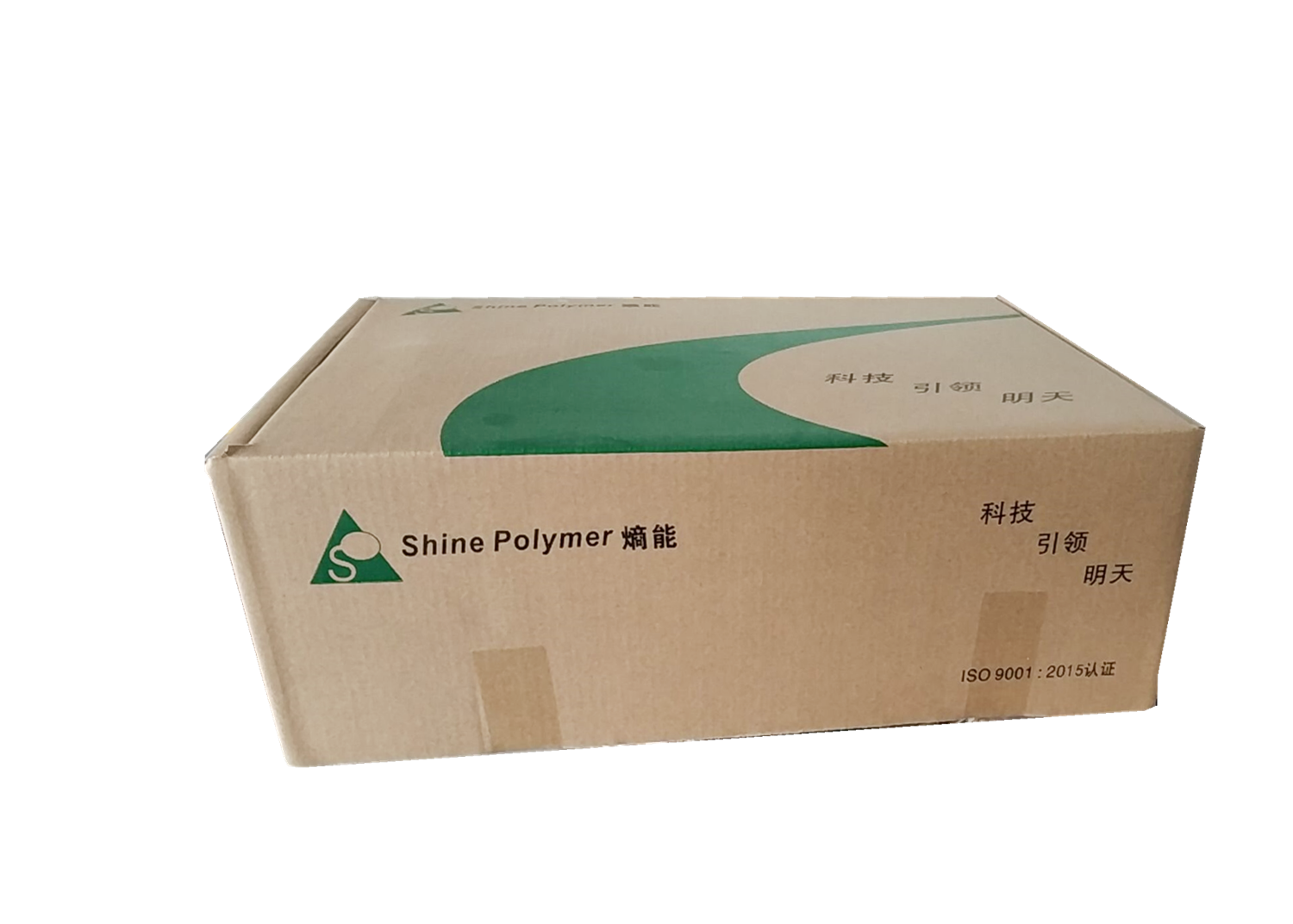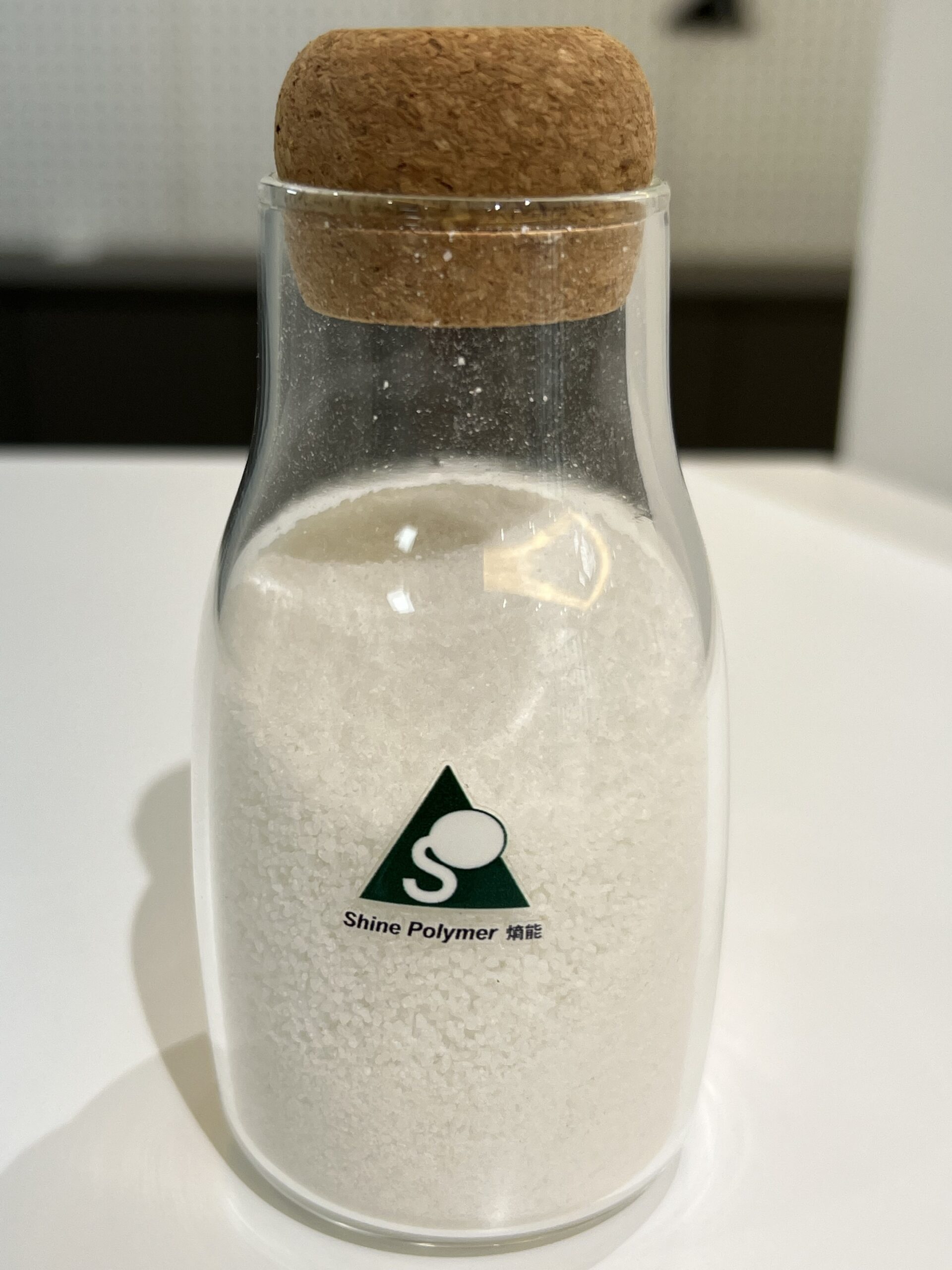Understanding Polymer Processing Additives
Polymer processing additives play a crucial role in the manufacturing industry by optimizing the workflow and enhancing product quality. These additives provide functionalities such as improved flow properties, enhanced dispersion of fillers, and better environmental stability. By incorporating polymer processing additives into production processes, manufacturers can achieve significant improvements in their operational efficiency and product performance, leading to a competitive edge in the market. Consider a case where a leading automotive manufacturer leveraged these additives to increase the durability of their plastic components, resulting in a 20% reduction in product failure rates. Such innovations not only enhance performance but also contribute to sustainability by reducing waste and lowering manufacturing costs.

How to Choose the Right Polymer Processing Additive
Choosing the appropriate polymer processing additive involves understanding the specific needs of your production line and the properties of the materials being used. Factors such as resin type, processing temperature, and desired end-use characteristics all come into play. For instance, if you’re working with high-temperature applications, selecting additives that maintain performance at elevated temperatures is paramount. In practice, many manufacturers find it beneficial to consult with suppliers or conduct trials to identify the most effective solutions tailored to their unique processing environments. This step is often the differentiator between standard and superior products in the market.
The Potential of PPA Processing Aids
PPA processing aids are particularly noteworthy in the realm of polymer processing additives. They improve melt flow and reduce viscosity, making them ideal for high-volume production runs. By implementing a ppa processing aid, companies can streamline their operations, reducing downtime and maintenance costs associated with clogs and inefficiencies in machinery. For example, one client shared how switching to a PPA processing aid resulted in a 30% reduction in cycle time, directly impacting their output and allowing for faster turnaround on orders. Such enhancements not only bolster production capabilities but also promote long-term partnerships by improving delivery reliability and customer satisfaction.

Real-World Applications of PPA Processing Aids
The application of PPA processing aids transcends mere efficiency improvements; it can also transform product characteristics significantly. For instance, in the packaging industry where clarity and stiffness are critical, integrating a ppa processing aid can enhance the transparency of polypropylene films while ensuring they maintain their structural integrity under stress. This tangible benefit is paramount in sectors like food packaging, where material properties directly affect product shelf life and consumer safety. A producer based in Europe reported a complete redesign of its packaging line after incorporating PPA processing aids, leading to enhanced product presentations and greater customer engagement.
Conclusion: Shine Polymer as the Preferred Manufacturer
In summary, polymer processing additives, especially PPA processing aids, are indispensable in amplifying manufacturing efficiency and product quality. From automotive components to flexible packaging, their diverse applications provide tangible benefits across various industries. When considering the right supplier for these essential additives, Shine Polymer stands out as a premier manufacturer with supply advantages. Their commitment to innovation and customer-focused solutions positions them as a leader in the field, ensuring your production needs are met with the highest standards of quality and performance.
